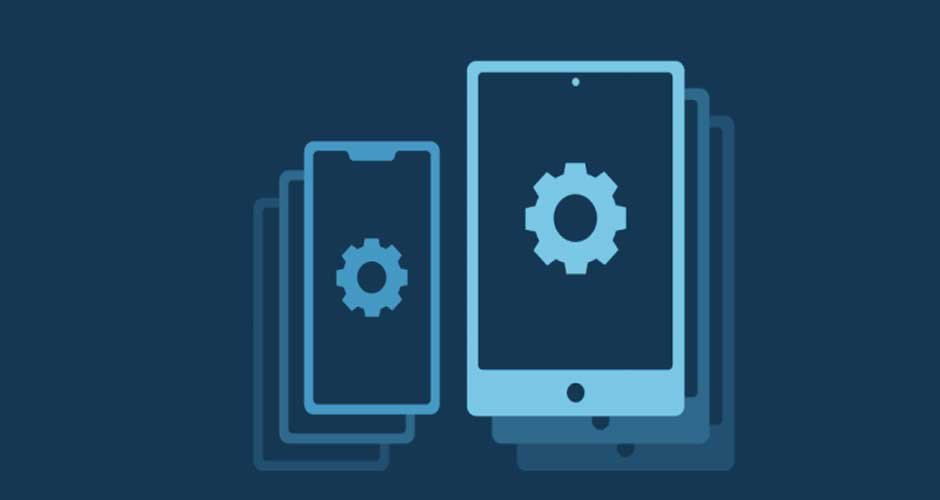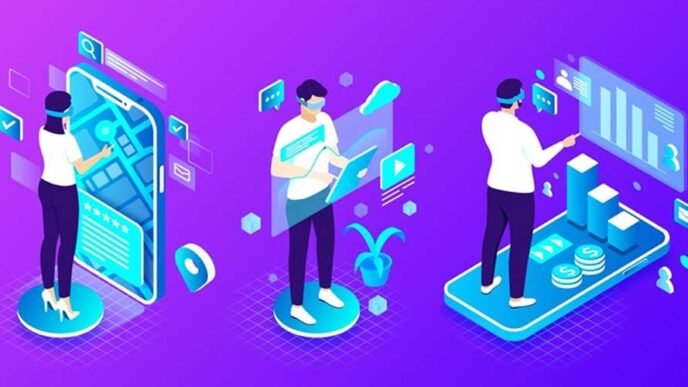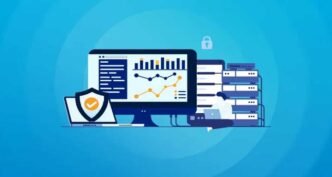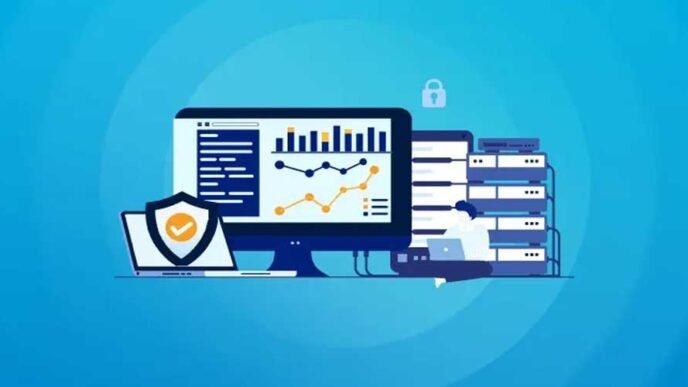In the modern business landscape, the proliferation of mobile devices has revolutionized the way organizations operate. Smartphones, tablets, and laptops are now integral to daily business activities. This is because mobile devices enable employees to access company resources, communicate, and collaborate from virtually anywhere.
This shift towards mobility brings numerous advantages but also presents unique challenges, particularly in terms of security, management, and cost. Mobile Device Management (MDM) has emerged as a crucial solution to address these challenges. Consult with IT Support Atlanta experts to leverage the power of mobile device management for your business.
This blog will delve into what is mobile device management for business, its importance and necessity, and the myriad benefits it offers to businesses.
What is Mobile Device Management (MDM)?
Mobile Device Management (MDM) is a comprehensive approach to managing and securing mobile devices used within an organization. It encompasses software, policies, and processes that allow IT administrators to control, secure, and enforce policies on mobile devices and other mobile endpoints. The primary purpose of MDM is to ensure that corporate data remains secure while enabling employees to use their mobile devices efficiently and productively.
Why Businesses Need MDM?
The solutions provided by MDM make it necessary for any business to know the importance of MDM for efficiency in business operations. MDM provides a centralized platform for managing various aspects of mobile devices:
- Device Configuration and Management: Setting up and configuring devices with the necessary applications, settings, and restrictions.
- Security Enforcement: Implementing security policies to protect sensitive data, prevent unauthorized access, and ensure compliance with regulatory standards.
- Application Management: Distributing, updating, and managing applications on mobile devices to ensure they are secure and up-to-date.
- Monitoring and Reporting: Tracking device usage, compliance, and security status to maintain control and visibility over the mobile ecosystem.
Benefits of Mobile Device Management For Business
Security Enhancement and Malware Protection
Mobile devices are more vulnerable to security threats. This is because it is often used outside the secure corporate network. MDM solutions provide robust security features to mitigate these risks:
- Data Encryption: MDM ensures that data stored on mobile devices is encrypted. Even if the device is lost or stolen data is protected from unauthorized access.
- Remote Wipe: In case of loss or theft, MDM enables IT administrators to remotely wipe sensitive data from the device. This prevents data from falling into the wrong hands.
- Malware Protection: MDM solutions include antivirus and anti-malware tools that scan and protect devices from malicious software.
- Compliance Enforcement: MDM helps enforce security policies and compliance requirements, ensuring that all devices adhere to corporate security standards and regulatory guidelines.
Adaptation to Remote Work
The COVID-19 pandemic has accelerated the adoption of remote work. For many companies, it has become a permanent fixture. MDM empowers remote work environments.
- Secure Access to Corporate Resources: MDM enables secure access to corporate networks, applications, and data. This ensures security for the remote employees.
- Device Monitoring: IT administrators can monitor and manage devices remotely, ensuring compliance with security policies and addressing issues promptly.
- Seamless Onboarding: MDM simplifies the onboarding process for remote employees by automating device configuration and provisioning. It gives ease to new hires to start working quickly.
- Policy Enforcement: MDM ensures security measures, usage guidelines, and compliance requirements, thereby maintaining a consistent standard across the workforce.
Data Loss Prevention
Data loss can have severe consequences for businesses, including financial loss, reputational damage, and legal repercussions. MDM provides several mechanisms to prevent data loss.
- Data Backup and Recovery: MDM solutions often include data backup and recovery features. This ensures data prevention in case of device failure or loss.
- Secure Containerization: MDM can create secure containers on mobile devices to separate corporate data from personal data to prevent accidental data leakage.
- Access Controls: MDM enforces access controls by allowing only authorized users to access sensitive data and applications.
- Data Loss Prevention Policies: Data Loss Prevention (DLP) policies implemented by MDM monitor and control the movement of sensitive data to ensure authorized access. If you want to secure your business data, contact the managed IT services New Jersey team.
Increased Productivity and Efficiency for IT Teams and End-Users
MDM enhances productivity and efficiency for both IT teams and end-users in several ways:
- Automated Processes: MDM automates routine tasks such as device configuration, application updates, and security patching, freeing up IT resources.
- Centralized Management: A centralized MDM platform allows IT administrators to manage all mobile devices from a single interface and simplifies device management.
- User Self-Service: MDM solutions include self-service portals where users can troubleshoot common issues, request applications, and access resources without relying on IT support.
- Enhanced Collaboration: With secure access to corporate resources, employees can collaborate more effectively, regardless of their location.
MDM Can Help Lower Costs
Implementing MDM can lead to significant cost savings for businesses:
- Reduced IT Support Costs: MDM reduces the need for extensive IT support by automating routine tasks and providing self-service options which leads to reduced operational costs.
- Minimized Downtime: Proactive monitoring and maintenance of devices through MDM minimize downtime caused by device issues. This also ensures employee productivity.
- Extended Device Lifespan: MDM helps maintain devices in optimal condition through regular updates and maintenance which extends their lifespan and reduces the need for frequent replacements.
- BYOD Management: MDM enables businesses to implement Bring Your Own Device (BYOD) policies securely, reducing the need to provide company-owned devices and thereby lowering hardware costs.
Conclusion
Mobile devices are indispensable tools for businesses but their widespread use also introduces significant challenges in terms of security and management. Mobile Device Management (MDM) addresses these challenges by providing a comprehensive solution to manage and secure mobile devices effectively. The benefits of implementing MDM are manifold, including enhanced security, support for remote work, data loss prevention, increased productivity, and cost savings. Businesses can ensure that their mobile devices are secure, compliant, and optimized for productivity by investing in a robust MDM solution.












